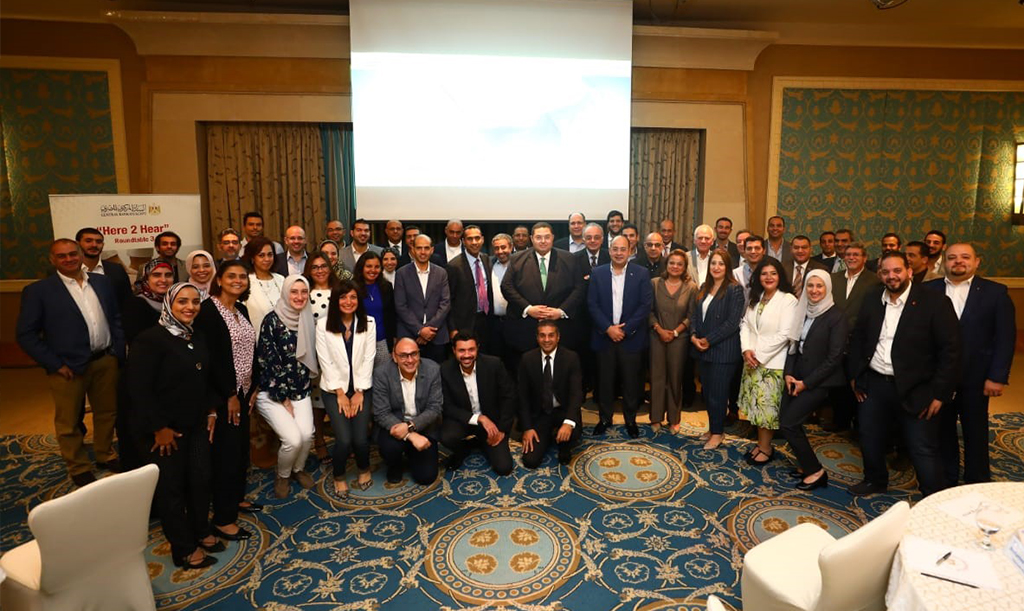Critical Key Areas for Organizations to Strengthen Digital Financial Literacy
16 September 2020
Most financial institutions and FinTechs often provide
digital financial literacy programs for building robust relationships and
strengthening them over time with their customers and network, and this aspect
of finance is increasingly important today with the abundance of new digital
banking services and tailored solutions. Research shows that financially
literate consumers are more likely to express interest in trying out multiple
products provided by FIs, which means that once customers are accustomed to a
bank’s software or a FinTech’s app for example, it’s highly likely that this
will result in more engagement with other products and services - and therefore
more profit - for the likes of FIs and FinTechs.
This is what digital financial literacy programs aim to do; nurture
relationships with current customers in terms of taking the time to explain and
answer all their relevant questions through active participation, personalized
tools and applications, in addition to providing helpful and informative
onboarding processes for new FinTech and digital banking products.
Without further ado, here are some critical areas that
institutions should focus on to leverage their digital financial literacy
programs:
1) Kids/Youth
Savings Innovative Applications and Tools
Younger generations that have been brought up in the digital age usually
regard banking and finance as a complicated process that is hardly in line with
their highly digitized lives, and so this presents an opportunity for FIs to
adapt their digital financial literacy programs to target youth and kids,
especially in the context of helping them with savings and wise spending habits
in preparation for their future. Educating children today on maximizing their
financial potential is a critical area for fostering the adults of tomorrow,
and creating digital innovative saving tools and applications is the gateway
for banks and FinTechs to reach and educate those tech-savvy young generation
on various financial aspects like compounding interest, saving money and
keeping track of their spending rituals, in a simple and gamified way.
The digital generation hardly knows any physical aspect of banking and
money management, and so FIs need to leverage their online presence on that
basis through establishing clear, useful communication through their social
media channels, as well as creating email campaigns that target young parents
that are hungry for knowledge as to how to secure their children’s future.
2) Budgeting
Done Right
Any family or individual looking to take charge of their
financial situations and ameliorate it on the long run cannot ignore basic
budgeting as a fundamental skill. This can successfully happen through various
budgeting and expenses monitoring applications, so that an individual can keep
track of his expenses and earnings, and discover what expenses he can reduce
and how he can better make use of his money. In addition to that, sharing
budgeting tips and resources through online promotions, social media, email
marketing, and any other digital channel is always a welcome strategy that
allows FIs and FinTechs to connect and engage with their audience, acting as a
reminder to make use of budgeting in their daily lives.
3) Credit
Building
Building credit is another challenging aspect of finance that usually
needs clarification and direct answers on a personal basis, and this presents
yet another opportunity for FIs and FinTechs to offer digital financial
literacy campaigns and tools around that matter. Customers need to understand
how to determine if their credit score is good or bad, and what that entails
for them and their future plans. They need to know how the process works, what
bad credit means, and how they can fix it; something that is not often
addressed when it comes to a bank’s or a FinTech’s communication efforts. Various
apps now can pave the way through providing tips and tricks on how to build
credit, aiming to make investing easy at your fingertips. Even more stock apps
exist helping an individual learn about different stock market products, when
to buy and sell so as to be an expert himself before being exposed to a real
stock market.
4) Seniority and
Fraud Protection
Perhaps an aspect of digital financial literacy that’s as
important as educating minors and young students in money matters, seniors are
often exposed to fraudulent activities and potential scams, especially today
with the rise of digital banking and virtual processes that leaves them even
more confused.
This gap is grounds for outstanding digital financial
literacy efforts that can enlighten senior citizens and greatly solidify their
loyalty to their banks or similar FIs. Educating our elders on safe banking and
secure digital applications while being there for them to answer questions will
yield great results on any financial organization’s digital literacy programs. Low-cost
and easily attainable online resources like chatbots and application forms
should be made available with the greatest ease to allow senior customers,
their families or caregivers carry on their financial activities with minimal hassle
and effort.
As important as digital financial literacy programs are for
financial institutions and FinTechs to cater to their audiences, there is
always room for improvement and better service, enabled by the power of
technology nowadays and the many benefits that it brings to finance and
banking. These strategies could prove to be exactly what organizations lack to
strengthen their relationships and improve their customers’ loyalty, in hopes
of a more inclusive and literate financial ecosystem that leaves no one behind.
related articles

Financial Health is What FinTech Should Be Empowering

Central Bank of Egypt Holds Third Roundtable Discussion for FinTech in Egypt


 0
0
 3.7k
3.7k 



Comments